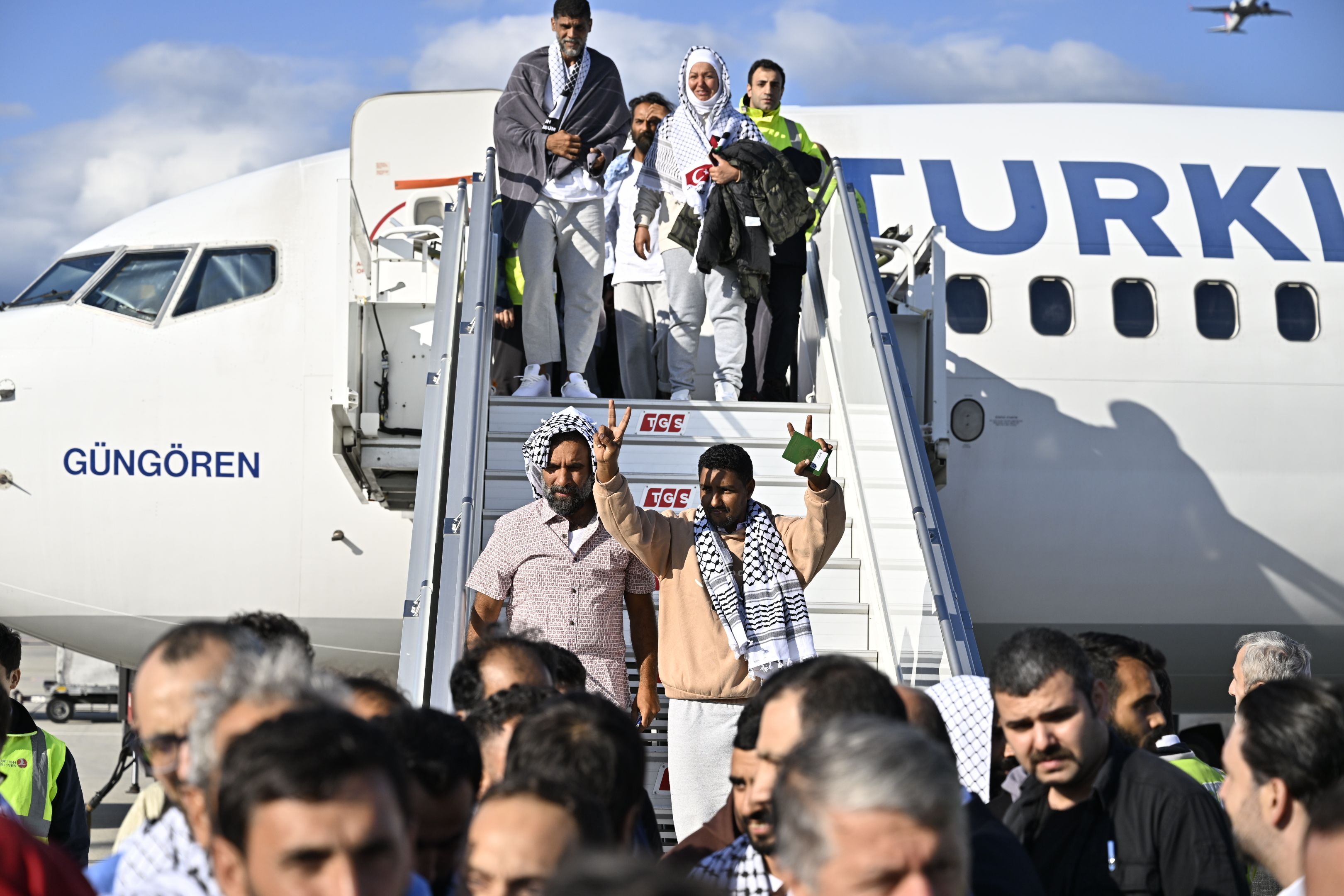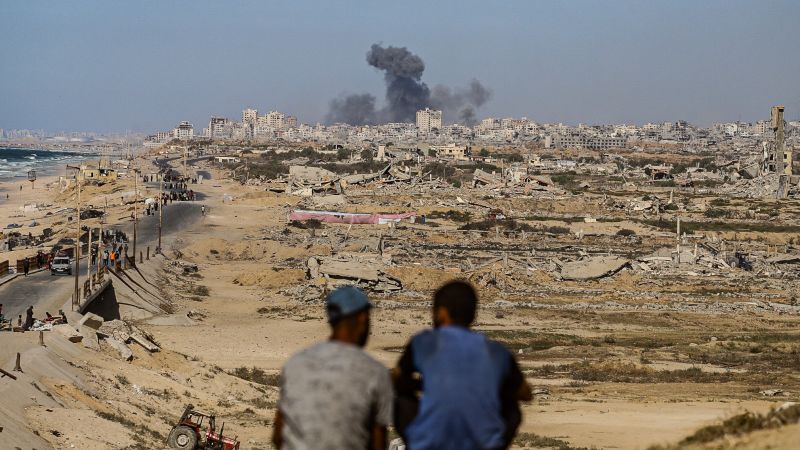Detention and Deportation of Flotilla Participants in Israel

Israel recently announced that another 137 participants of the Global Sumud Flotilla have been deported to Turkey. These individuals were attempting to deliver humanitarian aid to Gaza when they were intercepted in international waters. Among those deported were citizens from diverse countries, including the United States, Italy, the United Kingdom, Jordan, Kuwait, Libya, and several others. This incident highlights ongoing tensions surrounding aid deliveries to Gaza and international maritime laws.
Details of the Deportation
The Israeli foreign ministry confirmed that the deportees included individuals from multiple nations across Europe, the Middle East, and North America. “The deportees are citizens of the United States, Italy, the United Kingdom, Jordan, Kuwait, Libya, Algeria, Mauritania, Malaysia, Bahrain, Morocco, Switzerland, Tunisia, and Turkey,” a ministry statement said. This emphasizes the international interest and involvement in the ongoing humanitarian efforts aimed at easing the plight of the people in Gaza.
Legal Implications
Israel indicated that it is working diligently to deport all flotilla participants but claimed that some individuals were “deliberately obstructing the legal deportation process.” This claim raises potential questions about the legal frameworks surrounding international aid efforts and the rights of individuals who participate in such operations. The complexities of international law become increasingly evident when navigating humanitarian missions that intersect with national sovereignty.
Flight Arrangements for Deportees
Confirming the deportations, a Turkish foreign ministry official revealed that a Turkish Airlines flight had been scheduled to transport the detained citizens back to Turkey. This flight departed and was expected to land at 3:40 p.m. local time in Turkey, carrying a total of 137 passengers. Among them were 36 Turkish nationals, as well as individuals from various countries, further illustrating the wide-ranging implications of the flotilla’s mission.
Ongoing Efforts and Misconduct Reports
Israel’s operation to deport all participants comes amid broader discussions about the treatment of those detained. Adalah, a human rights organization based in Israel, reported that its legal team had met with around 80 flotilla participants during tribunal hearings concerning their detention orders. Concerns about the treatment of detainees emerged, with reports of mistreatment and aggression from prison guards.
Conditions in Detention
Several detainees have reported severe issues, including lack of food and clean drinking water. Such conditions not only raise humanitarian concerns but also highlight the responsibilities of states under international human rights laws. The allegations reported by Adalah underscore the need for careful scrutiny of detention practices, especially when dealing with individuals involved in humanitarian missions.
Context and Ongoing Tensions
The operations involving the Global Sumud Flotilla are set against a backdrop of long-standing tensions in the region. Israel’s ongoing efforts to intercept such missions have sparked debates about maritime rights and the legitimacy of international aid deliveries to Gaza. Understandably, the issues are complex, involving local, regional, and international dynamics that affect countless lives.
The unfolding narrative surrounding the flotilla participants serves as a poignant reminder of the intersection between humanitarian efforts, legal frameworks, and human rights, underscoring the need for thoughtful dialogue and resolution in addressing issues of aid and accessibility in the region.



